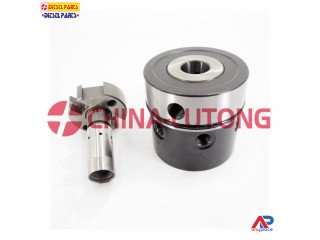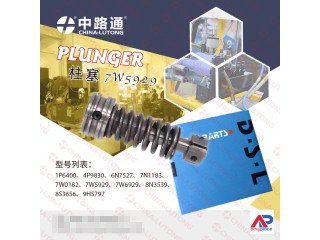Human hair extension
2022-07-26 11:52 Automobiles Sahāranpur 222 views Reference: 1397Location: Sahāranpur
Price: Contact us
Human hair extension is a hairstyle technology recently introduced from Europe. As the name suggests, hair extension is to connect the hair to one's real hair, and instantly change from short hair to long hair. The hair used for hair extensions can be wigs or real hair. There are two types of hair extension mechanism wigs and handmade wigs. The materials used are chemical fiber silk and human hair. The fibers are mainly PVC and PET materials. According to the added flame retardant, flame retardant silk and non-flame retardant silk can be distinguished. Domestic wigs are represented by Tanglong brand. The international trend is based on the quality of Japan's KANEKALON. Human hair wigs are divided by use: accessories (or HARDWARE) hair piece (hair piece, toupee), head cover (wig, lace wig, full lace wig, front lace wig) hair extension. Domestic sales generally refer to handmade wigs made of human hair as reissues.
Pinchbraid extensions were invented in the 1980s. They are individual locks of hair tied into the native hair with a durable upholstery thread. Tape in hair extensions last from four to eight weeks and the hair can be gently combed and washed while wearing the extensions. In addition, the extensions need to be treated with specialized shampoos, conditioners and styling products to keep them in top condition. The extensions can be taken off easily by the application of glue remover and can be easily installed by using liquid adhesive or glue tape. Clip-in weaves, also known as clip-in hair extensions, can be integrated into natural hair to add length and volume. The clip in hair extensions most commonly come in as a long strand of one contoured piece that can be cut into multiple layers for creating separate layers on a user's head. When the hair is purchased it often comes with clips, which are sewn into the hair. It is also possible to buy the hair (in bundles) and the clips separately; the clips can then be sewn on by the purchaser or by a stylist. This technique is the least permanent and lacks the disadvantages such as traction alopecia associated with glue extensions. The weft hair has small toupée clips sewn onto them. Usually a set of clip-in extensions averages eight strips of human hair in varying widths from two inches to eight inches. Starting at the nape of the neck, the hair is sectioned neatly, then the weft is placed onto this section with the clips open and facing the scalp. Each clip is snapped into place. It can be helpful to lightly backcomb each section for a more secure grip. This is repeated until each clip-in weft is in place. Clip-ins can be worn for an entire day; however, some people take them off to sleep.














